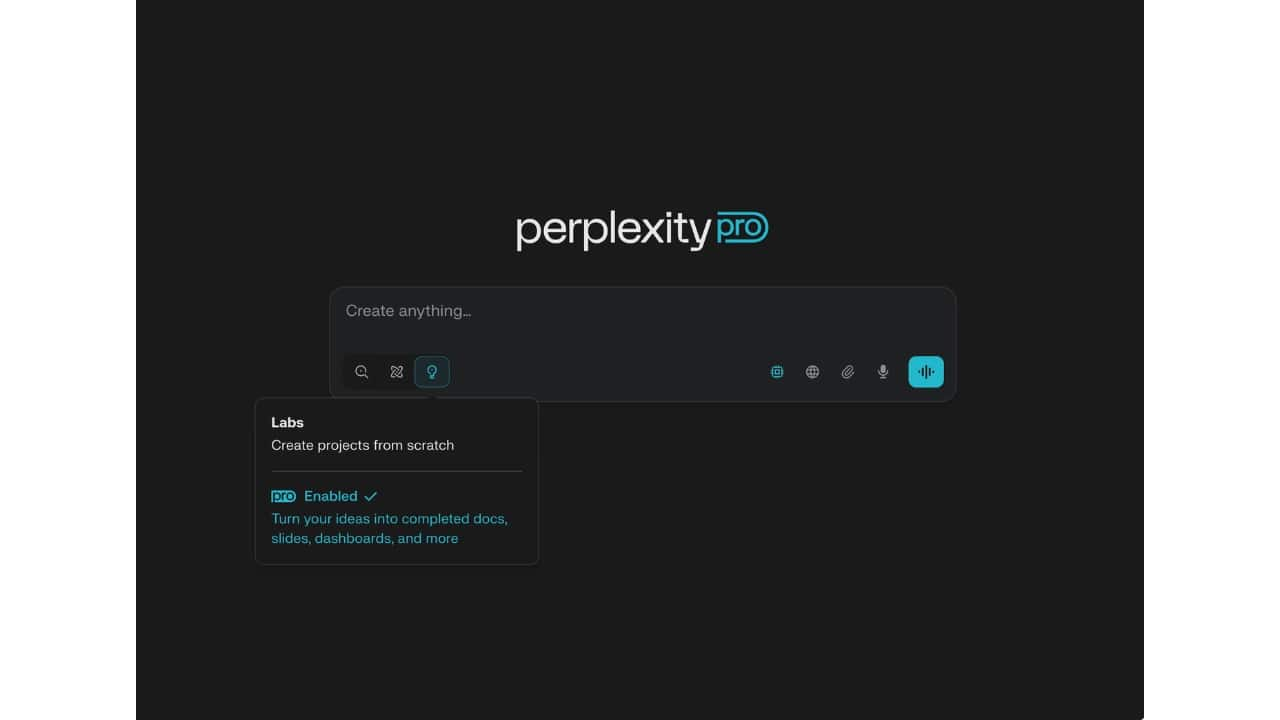OpenAI’s ChatGPT Atlas Browser Debuts, Pushing to Unseat Google Chrome in the AI Era

OpenAI has officially unveiled ChatGPT Atlas, an advanced AI-powered web browser that blends conversational intelligence with traditional browsing. Announced during a livestream presentation led by CEO Sam Altman, the new browser represents a strategic move to challenge Google Chrome, which currently dominates the global browser market. Initially launching for macOS, Atlas will soon expand to Windows, iOS, and Android. While all users can access its core features, an exclusive “Agent Mode” with added capabilities is reserved for Plus, Pro, and Business subscribers.
Altman outlined OpenAI’s bold vision for the future of web navigation, calling Atlas a step toward “redefining how humans interact with the internet.” He explained that the conversational interface powered by ChatGPT serves as the browser’s core, allowing users to seamlessly blend search, chat, and real-time content analysis. Adam Fry, OpenAI’s product lead, and Ben Goodger, a key figure behind both Firefox and Chrome, elaborated on how Atlas uses ChatGPT to provide a deeply interactive, intuitive browsing experience.
ChatGPT Atlas isn’t designed to be a mere browsing utility, it’s envisioned as a personal digital assistant with contextual memory and proactive task-handling capabilities. Its memory system allows it to recall user preferences, browsing history, and recurring activities, enhancing efficiency and personalization over time. Users retain full control of these stored “memories,” with options to review, edit, or delete them, as well as toggle an incognito mode for private sessions.
The standout Agent Mode enables ChatGPT to perform practical tasks directly within the browser such as booking flights, making restaurant reservations, or editing documents without requiring external tools. This builds on OpenAI’s earlier experiments like the “Operator” and “ChatGPT Agent” prototypes, now embedded natively within the Atlas experience.
During the demo, OpenAI showcased Atlas’s split-screen interface, where clicking a search result opens the webpage on one side and ChatGPT on the other. Users can chat, summarize, and interact with the page content in real time. One highlight was the “cursor chat” feature users can select text within an email and have ChatGPT instantly rephrase or clarify it without switching tabs.
Altman lauded the browser’s design and performance, but emphasized its deeper purpose: transforming browsers from passive page-viewers into intelligent systems that understand and assist users.
Atlas arrives as competition in the “AI browser wars” intensifies. Perplexity AI recently launched Comet, its own AI browser designed for simplified searches and task automation, while Google continues integrating its Gemini AI into Chrome. Meanwhile, Microsoft’s Copilot in Edge offers a similar experience, though reviews remain mixed due to privacy and accuracy concerns.
With ChatGPT’s massive global user base and trusted AI reputation, OpenAI’s Atlas could redefine how people search, work, and interact online. Still, the challenge remains monumental, Google Chrome commands over 3 billion users and sits at the heart of Google’s vast search and advertising ecosystem. Whether Atlas can break that dominance will depend on adoption and user experience in this rapidly evolving AI-driven digital landscape.
Recommended Articles
Microsoft's Mico: The AI Era's Answer to Clippy's Legacy
Microsoft introduces Mico, an expressive AI character for Copilot, aiming for a 'humanist AI' approach that prioritizes ...
Microsoft Unveils AI Browser, Echoing OpenAI's Atlas Launch

Microsoft has launched its new AI-powered CoPilot Mode for the Edge browser, transforming it into an intelligent compani...
AI Browser Wars: OpenAI Launches ChatGPT Atlas, Poised to Challenge Chrome’s Reign!

OpenAI has launched ChatGPT Atlas, an AI-powered browser designed to challenge Google's dominance in online information ...
OpenAI Takes Aim at Google with Revolutionary New AI Browser

OpenAI launches the Atlas browser, challenging Google Chrome with AI-driven search and interactive web experiences. Expl...
Perplexity AI's Comet Browser: A Google & Apple Killer That Can Replace Your Recruiter!

Perplexity AI is launching its new AI browser, Comet, with a dual aim: to challenge Google Chrome and Apple Safari in th...
You may also like...
NBA Gambling Scandal Rocks the League: Congress Demands Answers

The NBA is embroiled in a new gambling scandal after federal investigations led to the indictment of coach Chauncey Bill...
Netflix's 'A House of Dynamite' Thriller Sparks Viewer Panic and Real-World Nuclear Threat Concerns

Kathryn Bigelow's new Netflix thriller,
Behind the Scenes: 'Nobody Wants This' Showrunner Unpacks Season 2's Wild Finale

Season 2 of "Nobody Wants This" delves deeper into the unconventional romance of Joanne and Rabbi Noah, deliberately slo...
Royal Uproar: Meghan Markle's Claims Send Shockwaves Through Palace, Raising Prince Andrew Alarms

A recent biography alleges that Buckingham Palace withheld findings from an inquiry into Meghan Markle's alleged bullyin...
Zimbabwe Bus Tragedy: $197K Allocated for Victims Amid Repatriation Efforts!

The Zimbabwean government has allocated nearly US$197,000 for the medical and repatriation costs of its citizens affecte...
Zimbabwe's Village Terror Caged: 19-Year-Old Jailed for Armed Robbery!

A 19-year-old villager from Beitbridge, Givers Mbedzi, has been sentenced to an effective four years in prison for his r...
Infiniti's New Sport Sedan Channels Iconic G35 Vibes: A Comeback Story?

Infiniti is embarking on a strategic revitalization plan, introducing new models annually from 2026, including the QX65 ...
GM Ditches Apple CarPlay and Google's Android Auto For Good: Major Tech Shift!

General Motors is phasing out support for Apple CarPlay and Android Auto in all future vehicles, starting around the 202...